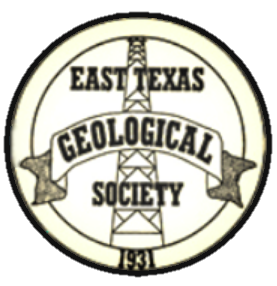William Lee Esch
presents
Reservoir Quality Analysis and Prediction in Diagenetically Complex Reservoirs:
A Challenging New Frontier
12:00 PM Wednesday, May 19, 2021
on Zoom
Cost: $10
Students: Free
ABSTRACT
Reservoir quality analysis is aimed at characterizing and locating favorable pore systems in the subsurface. Over the past two decades, and especially in the major deep water plays, typical siliciclastic exploration targets have evolved from quartzose sandstones found in shallow, cool burial environments to sandstones that contain abundant chemically unstable grains and occur in deeper, hotter, and older burial settings. Sandstones containing such reactive grains are subject to extensive chemical diagenesis during burial that includes grain dissolution and precipitation of a variety of mineral cements and grain replacements. The increasing complexity of plays provides new challenges to reservoir quality specialists when evaluating reservoir quality away from well control. Standard industry modeling tools were primarily designed to emulate physical compaction and quartz cementation on a genetic basis, and most of the remaining non-quartz cements in these models are evaluated by ad hoc, non-genetic methods. Prediction of clay, zeolite, and carbonate cements may be especially challenging in emerging exploration areas.
A brief retrospective will be given on the evolution of reservoir quality analysis and the prediction tools currently employed by industry. This will be followed by a synopsis of existing, but not commonly used geochemical approaches that can be effectively employed for the evaluation and prediction of complex diagenetic mineral overprints. The talk will conclude with an overview of recent research efforts aimed at extending the predictive capabilities of the existing compaction-quartz cementation modeling tools to include more comprehensive genetic models for complex chemical diagenesis.
BIOGRAPHY
William Lee Esch is a senior geoscience advisor at the ExxonMobil Upstream Integrated Solutions company, Subsurface Geology. He has previously worked in the ExxonMobil Exploration Company, ExxonMobil Upstream Research Company, and started his career at the Exxon Production Research Company. His expertise and interests are in, reservoir quality, low-temperature geochemistry, and predictive diagenesis. He received a Ph.D. in Geology from Louisiana State University in 1995 and a B. A. in Distributed Studies from the University of Colorado in 1989.


